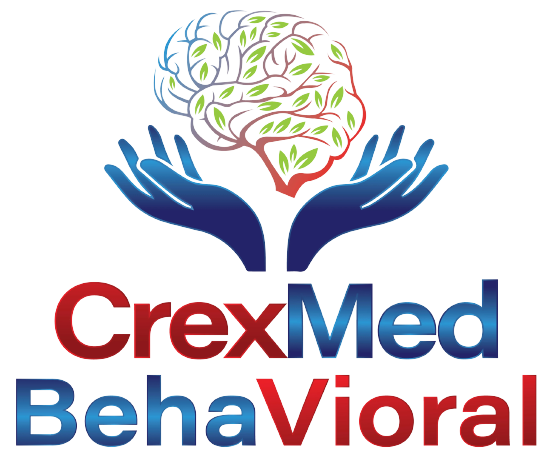Services
- Home
- Services
Depression and Anxiety
Depression and anxiety are different conditions, but they commonly occur together. Anxiety may occur as a symptom of clinical (major) depression. It's also common to have depression that's triggered by an anxiety disorder, such as generalized anxiety disorder, panic disorder or separation anxiety disorder. Symptoms of both conditions usually improve with psychological counseling (psychotherapy), medications, such as antidepressants, or both. Lifestyle changes, such as improving sleep habits, increasing social support, using stress-reduction techniques or getting regular exercise, also may help.
Bipolar Disorder
Bipolar disorder, formerly called manic depression, is a mental health condition that causes extreme mood swings that include emotional highs (mania or hypomania) and lows (depression). When you become depressed, you may feel sad or hopeless and lose interest or pleasure in most activities. When your mood shifts to mania or hypomania (less extreme than mania), you may feel euphoric, full of energy or unusually irritable. These mood swings can affect sleep, energy, activity, judgment, behavior and the ability to think clearly.
ADHD
Attention-deficit/hyperactivity disorder (ADHD) is a chronic condition that affects millions of children and often continues into adulthood. ADHD includes a combination of persistent problems, such as difficulty sustaining attention, hyperactivity and impulsive behavior. Children with ADHD may also struggle with low self-esteem, troubled relationships and poor performance in school. Symptoms sometimes lessen with age. However, some people never completely outgrow their ADHD symptoms. But they can learn strategies to be successful. While treatment won't cure ADHD, it can help a great deal with symptoms. Treatment typically involves medications and behavioral interventions. Early diagnosis and treatment can make a big difference in outcome.
PTSD
Post-traumatic stress disorder (PTSD) is a mental health condition that's triggered by a terrifying event — either experiencing it or witnessing it. Symptoms may include flashbacks, nightmares and severe anxiety, as well as uncontrollable thoughts about the event. Most people who go through traumatic events may have temporary difficulty adjusting and coping, but with time and good self-care, they usually get better. If the symptoms get worse, last for months or even years, and interfere with your day-to-day functioning, you may have PTSD. Getting effective treatment after PTSD symptoms develop can be critical to reduce symptoms and improve function.
OCD
Obsessive-compulsive disorder (OCD) features a pattern of unwanted thoughts and fears (obsessions) that lead you to do repetitive behaviors (compulsions). These obsessions and compulsions interfere with daily activities and cause significant distress. You may try to ignore or stop your obsessions, but that only increases your distress and anxiety. Ultimately, you feel driven to perform compulsive acts to try to ease your stress. Despite efforts to ignore or get rid of bothersome thoughts or urges, they keep coming back. This leads to more ritualistic behavior — the vicious cycle of OCD. OCD often centers around certain themes — for example, an excessive fear of getting contaminated by germs. To ease your contamination fears, you may compulsively wash your hands until they're sore and chapped. If you have OCD, you may be ashamed and embarrassed about the condition, but treatment can be effective.
Panic Disorders
A panic attack is a sudden episode of intense fear that triggers severe physical reactions when there is no real danger or apparent cause. Panic attacks can be very frightening. When panic attacks occur, you might think you're losing control, having a heart attack or even dying. Many people have just one or two panic attacks in their lifetimes, and the problem goes away, perhaps when a stressful situation ends. But if you've had recurrent, unexpected panic attacks and spent long periods in constant fear of another attack, you may have a condition called panic disorder. Although panic attacks themselves aren't life-threatening, they can be frightening and significantly affect your quality of life. But treatment can be very effective.
Schizophrenia and Psychosis
Schizophrenia is a serious mental disorder in which people interpret reality abnormally. Schizophrenia may result in some combination of hallucinations, delusions, and extremely disordered thinking and behavior that impairs daily functioning, and can be disabling. People with schizophrenia require lifelong treatment. Early treatment may help get symptoms under control before serious complications develop and may help improve the long-term outlook.
Sleep Disorders
Sleep disorders are conditions that result in changes in the way that you sleep. A sleep disorder can affect your overall health, safety and quality of life. Sleep deprivation can affect your ability to drive safely and increase your risk of other health problems. Some of the signs and symptoms of sleep disorders include excessive daytime sleepiness, irregular breathing or increased movement during sleep. Other signs and symptoms include an irregular sleep and wake cycle and difficulty falling asleep. There are many different types of sleep disorders. They're often grouped into categories that explain why they happen or how they affect you. Sleep disorders can also be grouped according to behaviors, problems with your natural sleep-wake cycles, breathing problems, difficulty sleeping or how sleepy you feel during the day.
Eating disorder
Eating disorders are serious conditions related to persistent eating behaviors that negatively impact your health, your emotions and your ability to function in important areas of life. The most common eating disorders are anorexia nervosa, bulimia nervosa and binge-eating disorder. Most eating disorders involve focusing too much on your weight, body shape and food, leading to dangerous eating behaviors. These behaviors can significantly impact your body's ability to get appropriate nutrition. Eating disorders can harm the heart, digestive system, bones, and teeth and mouth, and lead to other diseases. Eating disorders often develop in the teen and young adult years, although they can develop at other ages. With treatment, you can return to healthier eating habits and sometimes reverse serious complications caused by the eating disorder.
Services
- Home
- Services
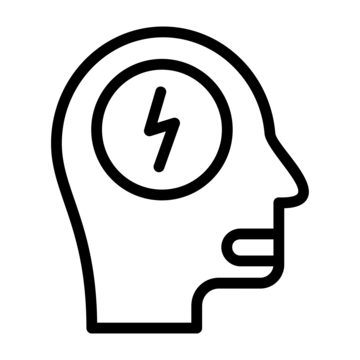
Depression and Anxiety
Depression and anxiety are distinct conditions that often coexist. Anxiety can manifest as a symptom of major depression, while depression may be triggered by anxiety disorders like generalized anxiety disorder or panic disorder. Treatment for both conditions typically includes psychotherapy, medications such as antidepressants, or a combination of both. Additionally, lifestyle changes—like enhancing sleep habits, boosting social support, practicing stress-reduction techniques, and engaging in exercise—can also contribute to symptom improvement and overall well-being.
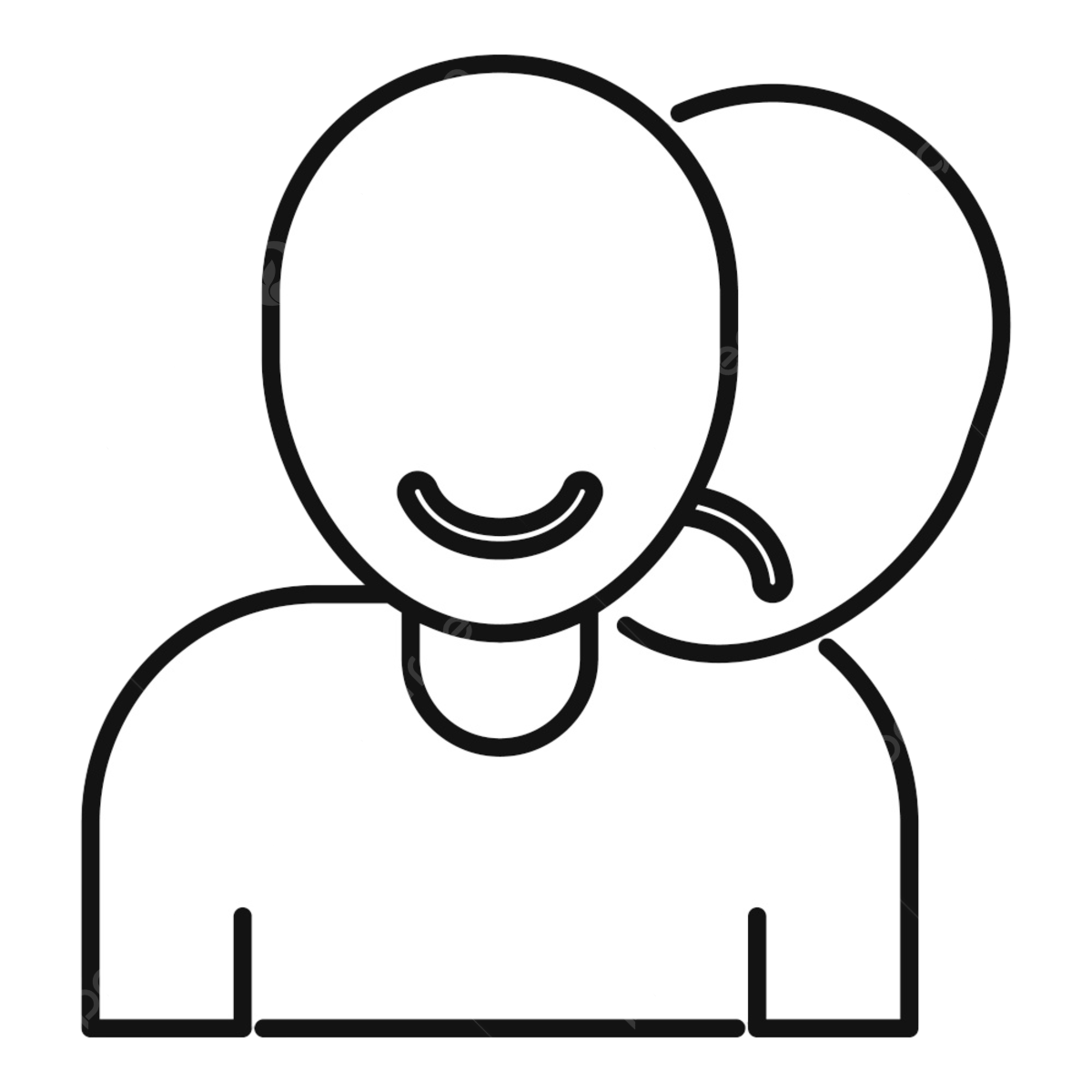
Bipolar Disorder
Bipolar disorder, previously known as manic depression, is a mental health condition characterized by extreme mood swings. These include emotional highs (mania or hypomania) and lows (depression). During depressive episodes, individuals may feel very sad, hopeless, and lose interest in daily activities. In contrast, during manic or hypomanic phases, they may experience overwhelming euphoria, increased energy, or irritability. These mood fluctuations can significantly impact sleep, energy levels, judgment, behavior, and the ability to think clearly and rationally.

ADHD
Attention-deficit/hyperactivity disorder (ADHD) is a chronic condition affecting millions of children and often continuing into adulthood. It involves persistent issues, including difficulty sustaining attention, hyperactivity, and impulsive behavior. Children with ADHD may struggle with low self-esteem, troubled relationships, and poor school performance. While symptoms sometimes lessen with age, some individuals never fully outgrow them. Though treatment won't cure ADHD, it can help with symptoms, typically involving medications and behavioral interventions. Early diagnosis and treatment can improve outcomes.

PTSD
Post-traumatic stress disorder (PTSD) is a mental health condition triggered by a terrifying event, whether experienced or witnessed. Symptoms may include flashbacks, nightmares, severe anxiety, and uncontrollable thoughts about the event. Most individuals who endure traumatic experiences may temporarily struggle with adjustment and coping, but they often improve with time and good self-care. However, if symptoms worsen, persist for months or even years,. it may indicate the presence of PTSD. Early intervention, professional assessment, support from loved ones, and appropriate treatment options can significantly help individuals manage the condition effectively and regain control over their lives.
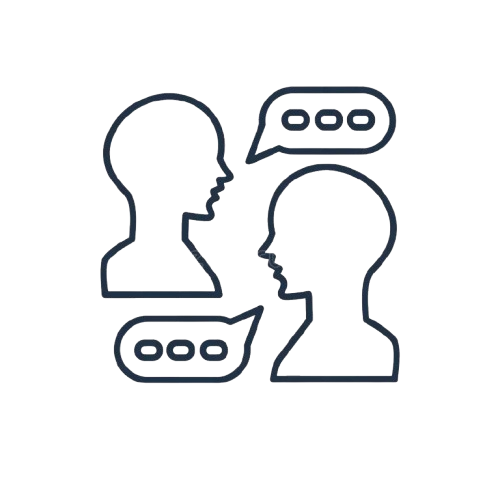
OCD
Obsessive-compulsive disorder (OCD) features a pattern of unwanted thoughts and fears (obsessions) that lead to repetitive behaviors (compulsions). These obsessions and compulsions interfere with daily activities and cause significant distress. You may try to ignore or stop your obsessions.Ultimately, you feel driven & acts to ease your stress. Despite efforts to ignore or get rid of bothersome thoughts, they keep coming back. This leads to more ritualistic behavior — the vicious cycle of OCD. Such as an excessive fear of getting contaminated by germs. To ease your fears, you may compulsively wash your hands until they're sore and chapped. If you have OCD, you may be ashamed and embarrassed about the condition, but treatment can be effective.

Panic Disorders
A panic attack is a sudden episode of intense fear that triggers severe physical reactions when there is no real danger or apparent cause. Panic attacks can be very frightening. When panic attacks occur, you might think you're losing control, having a heart attack or even dying. Many people have just one or two panic attacks in their lifetimes, and the problem goes away, perhaps when a stressful situation ends. But if you've had recurrent, unexpected panic attacks and spent long periods in constant fear of another attack, you may have a condition called panic disorder. Although panic attacks themselves aren't life-threatening, they can be frightening and significantly affect your quality of life. But treatment can be very effective.
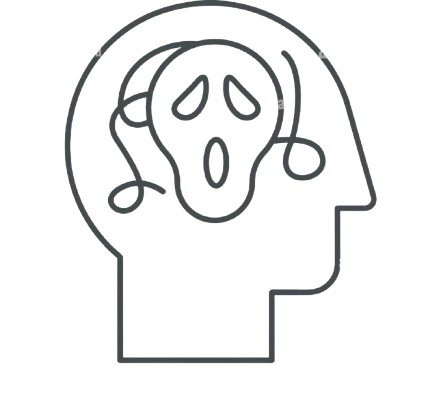
Schizophrenia and Psychosis
Schizophrenia is a serious mental disorder that causes individuals to interpret reality abnormally. This condition may result in a combination of symptoms, including hallucinations, delusions, and severely disordered thinking and behavior. These symptoms can significantly impair daily functioning and often lead to disability. People with schizophrenia may struggle with distinguishing between what is real and what is not, affecting their ability to engage in everyday activities. Early diagnosis and treatment are essential for managing symptoms and improving quality of life.
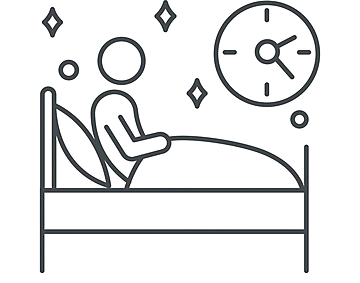
Sleep Disorders
Sleep disorders are conditions that lead to changes in your sleep patterns. These disorders can significantly impact your overall health, and quality of life. Sleep deprivation may impair your ability to drive safely and heighten the risk of various health issues. Individuals suffering from sleep disorders often experience difficulties in falling asleep, staying asleep, or obtaining restful sleep, which can result in daytime fatigue, mood disturbances, and decreased cognitive function. Early diagnosis and effective treatment are crucial for restoring healthy sleep and improving overall well-being and life satisfaction.
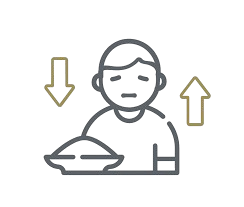
Eating disorder
Eating disorders are serious conditions characterized by persistent eating behaviors that negatively affect your health and emotions. The most common eating disorders include anorexia nervosa, bulimia nervosa, and binge-eating disorder. Individuals with these disorders often focus excessively on weight and food, leading to harmful eating behaviors. These disorders can develop at any age, but they frequently emerge during the teenage years. With appropriate treatment, individuals can adopt healthier eating habits and reverse serious complications associated with their disorders.

Alcohol Use Disorder
Alcohol Use Disorder (AUD) is a serious condition that affects a person’s ability to control their alcohol consumption. It often leads to a cycle of compulsive drinking, despite harmful consequences. Individuals with AUD may prioritize alcohol over responsibilities and relationships, impacting work, family, and health. Over time, the disorder can lead to significant physical and mental health issues, including liver disease and anxiety. Early intervention and treatment can help manage symptoms, reduce dependence, and improve overall quality of life.
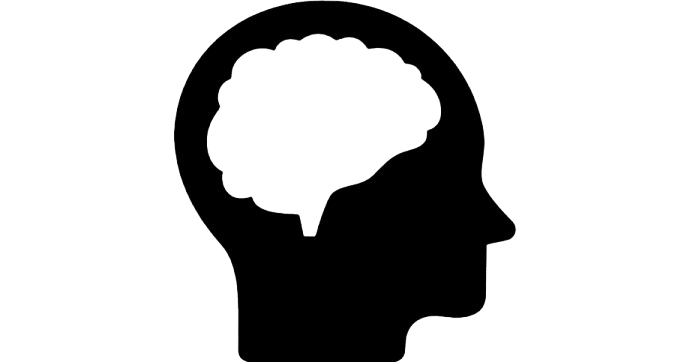
Spravato
Spravato (esketamine) is a nasal spray medication used to treat adults with treatment-resistant depression. It works by targeting specific brain receptors, providing relief when traditional antidepressants have been ineffective. Administered under medical supervision, Spravato is typically combined with an oral antidepressant. Common side effects may include dizziness, nausea, and sedation, and its use requires close monitoring due to potential dissociative effects. Spravato offers a new treatment option for those struggling with severe depression, with the goal of improving mood and enhancing quality of life when other treatments have failed.
